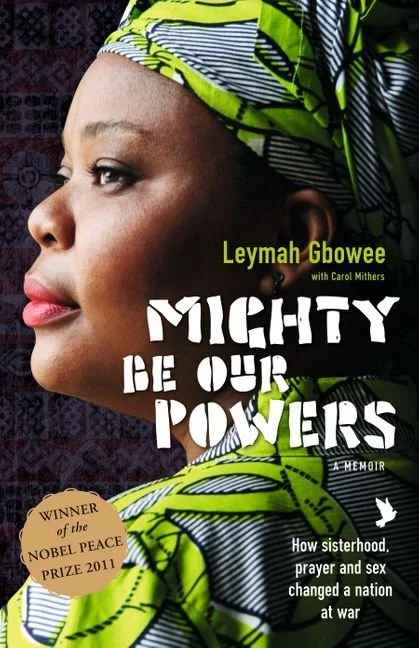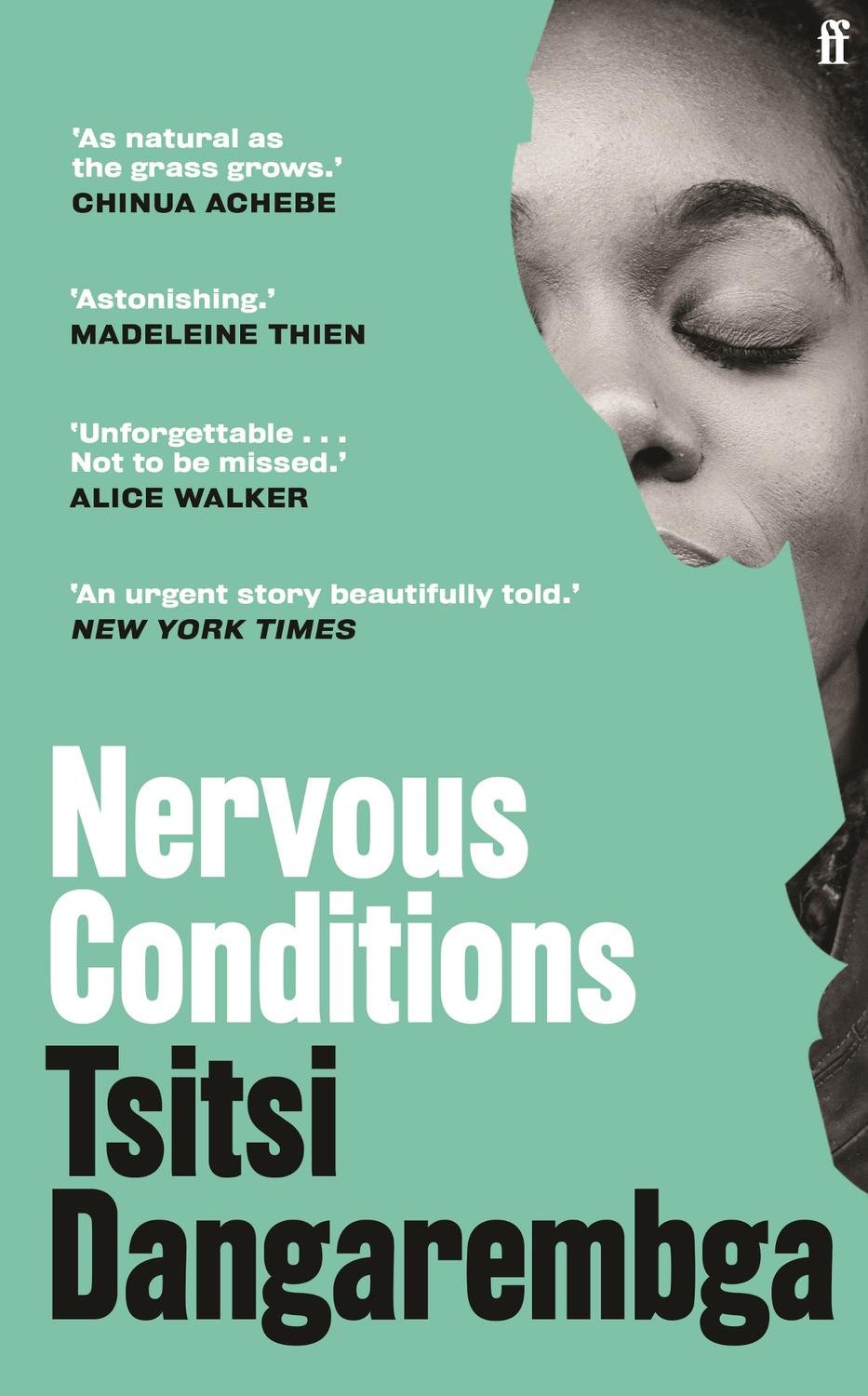10 Books About Africa by Africans You Have To Read
Written by Jess Tyrrell & Nadine Kilala
Africa has inspired countless writers with its tear-jerkingly romantic scenery, violent history, brave liberators and beguiling mix of traditions and customs. Riddled with unbridled adventure, wisdom, protagonists, backdrops and strife, the mother continent is, however, far too often portrayed through western eyes. Sustainability and social and climate justice necessitate striving for more representation and inclusivity, with literature the perfect opportunity to learn about diverse forward-thinking stories that reiterate our common humanity.
Be it a biography, mind-boggling historical, or immersive work of fiction, we encourage you to diversify your literary and African know-how horizons by reading books about Africa by Africans, especially if you plan to travel to her enigmatic shores.
Here is our top 10 selection of books about Africa written by Africans, exploring its history, war, nature, inequality, love, the human condition, liberation, climate change, and much more.
A Bigger Picture - My Fight to Bring a New African Voice to the Climate Crisis, by Vanessa Nakate (2021)
In her debut manifesto/memoir, 25-year old powerhouse and climate justice activist, Vanessa Nakate, inspires readers to work towards a future world inclusive of all. This inspiring book recounts her life as a young Ugandan woman concerned by how her community is suffering disproportionate consequences to the climate crisis.
Inspired by Greta Thunberg, Nakate became Uganda's first ‘Fridays for Future’ protestor, catapulting her into the limelight as a commanding and powerful political voice representing Africa's youth. Nakate is one of the few African activists who receives publicity and TV time (she recently made a groundbreaking speech at COP26). Yet, she is often shunned by popular media. This book reiterates her call for simultaneous environmental and social justice on behalf of the millions of voices that have been excluded from the climate discussion. Her vision will inspire you and offer you insight into the climate movement from a fresh, essential and fierce perspective.
Flowers on the Moon, by Billy Chapata (2017)
Chapata is a Zimbabwean writer, poet, and social media sensation who actively aims to fill the void created by trauma and societal pressures within the millennial generation, through poetry. Flowers on the Moon is a beautifully written and thought-provoking book of poetry that is centred on healing, self-love, and empowerment.
The title, ‘Flowers on the Moon’, metaphorically illustrates the journey of regeneration and growth that is compelling to the human experience. Chapata wittingly blends creative poetic flows, heart-rendering experiences, and life lessons, to provide a rich perspective on humanity. The collection of poems in Flowers on the Moon are timeless pieces of literature that supply a lifetime of self-love reminders and affirmations.
Mighty Be Our Powers: How Sisterhood, Prayer, and Sex Changed a Nation at War - A Memoir, by Leymah Gbowee (2011)
"You can tell people of the need to struggle, but when the powerless start to see that they really can make a difference, nothing can quench the fire."
Leymah Gbowee, a winner of the Nobel Peace Prize, poignantly shares her powerful story of how a group of women working together created an unstoppable force that brought peace to war-ridden Liberia. As a young woman, Gbowee felt frustrated at having to endure a life of violence, especially after realising that it is women and girls who suffer most during conflicts. She channelled her bitterness into organising a force of women who would stop at nothing to bring about change.
The Liberian Mass Action for Peace brought together Christian and Muslim women in a nonviolent movement that engaged in public protest and confronted Liberia's ruthless president and rebel warlords. This army of women changed the course of history and helped lead Liberia to peace. Mighty Be Our Powers is the gripping chronicle of a journey from hopelessness to liberation that will touch all who dream of a better world.
The World We Once Lived In, by Wangari Maathai (2021)
Kenyan environmental activist Dr Maathai became the first African woman to win the Nobel Peace Prize in October 2004, and was appointed as a UN Messenger of Peace in 2009. Dr Maathai is the founder of Kenya's Green Belt Movement, a grassroots organisation that encourages and orchestrates tree planting and other environmental initiatives.
Despite clashing with the former Kenyan government, Dr Maathai was elected to the country's Parliament and became assistant Minister of the Environment. The World We Once Lived In is included in Penguin’s Green Ideas series, and is a posthumous celebration of Maathai’s relentless wisdom and spirit. From the Congo Basin to the traditions of the Kikuyu people, The World We Once Lived In sharply explores the sacred power of trees, and why humans lay waste to the forests that keep us alive.
Things Fall Apart, by Chinua Achebe (1958)
Nigerian Chinua Achebe's multi-award winning debut novel is about a culture on the verge of change. Chronicling the life of the ambitious protagonist Okonkwo, a leader of an Igbo community, to the events leading up to his exile for accidentally killing a man,
Things Fall Apart deals with how the prospect and reality of change affect various characters. Chinua Achebe addresses the problematic intrusion of white missionaries and colonial government into Igbo society, and describes the disintegration of Okonkwo and his village using Igbo proverbs. Perhaps the best known African novel of the 20th century, Things Fall Apart is a serious tour de force and essential reading for anyone interested in Africa.
Nelson Mandela's Favorite African Folktales, by Nelson Mandela (2002)
Folktales are an integral part of Africa's history. Some believe that they have the power to hold the community together: the ancestors, the living, and those not yet born. Folktales are age-old, generally verbal stories that communicate morals and traditions to the young (and the old!) in preparation for life's obstacles.
Nelson Mandela was a fan of folktales, and this landmark work is a cause for celebration as it gathers together many of Africa's most cherished folktales. His selections include a Kenyan lion named Simba, a snake with seven heads, and tricksters from Zulu folklore; we hear the voices of the scheming hyena, and we learn from a Khoi fable how animals acquired their tails and horns. Translated from their original languages—Karanga, Nguni, Xhosa, and many others—these folktales are a testament to the craft of storytelling and the power of myth, and are enjoyable reading for all ages.
Nervous Conditions, by Tsitsi Dangarembga (1988)
Voted in the Top Ten Africa's 100 Best Books of the 20th Century, Zimbabwean novelist Dangarembga brings the energy of women's rights to the politics of decolonisation theory. Nervous Conditions was the first novel published in English by a Black woman from Zimbabwe.
This meticulously crafted book is a work of vision. Dexterously negotiating race, class, gender and cultural change, Dangarembga dramatises the 'nervousness' of the postcolonial conditions that beset Africans yet. Through Tambu and the women of her family, we glimpse the daily battle women of colour face navigating their changing world.
Coconut, by Kopano Matlwa (2007)
Kopano Matlwa's debut novel is about growing up black in white suburbs in post-Apartheid South Africa. Winner of the European Union Literary Award, Matlwa's work is a vital rumination on youth in modern-day South Africa. It is a poignant story of two extraordinary young women who have grown up black in white suburbs ('coconuts') and must now struggle to find their identities.
Ofilwe has taken her pampered and privileged lifestyle for granted and must confront her dwindling sense of culture when her insipid reality decays. Meanwhile, hip and trendy Fiks is a go-getter desperate to leave her vicious past behind for the bright lights of city life but finds Johannesburg to be more unforgiving than she expected. These two stories illustrate the weight of history upon a new generation in South Africa.
Born a Crime: Stories From a South African Childhood, by Trevor Noah (2016)
In this memoir, the Daily Show's main funnyman, Trevor Noah, explores his coming-of-age experience during the demise of Apartheid and the complicated days of 'freedom' that ensued. Born a crime to a white Swiss father and a black Xhosa mother, Trevor is living proof of his parents' misdemeanour.
Join his light-hearted journey of his not-so-light-hearted early existence. Finally, at the end of South Africa's white rule, Trevor and his mother set forth on a grand adventure, living openly and freely, seeking opportunities historically denied to them both. Born a Crime is the story of a mischievous young boy who grows into a restless young man as he struggles to find himself in a world where he was never supposed to exist. It is also the story of Noah's relationship with his fierce teammate (his mother), a woman determined to save her son.
Half of a Yellow Sun, by Chimamanda Ngozi Adichie (2006)
Lauded "the 21st-century daughter of Chinua Achebe" by The Washington Post Book World, Nigerian Chimamanda Ngozi Adichie is the resounding and ground-breaking voice of a generation and continent.
Half of a Yellow Sun, which has been published in 37 languages, is her award-winning novel telling the story of the violence of the Biafran war in Nigeria through the different perspectives of her three main characters. Ugwu, a houseboy of a university professor; the professor's mistress, Olanna; and Richard, a shy Englishman pursuing Olanna's twin sister, who all become swept up in the disorder of the decade. A natural and graceful storyteller, Adichie masterfully weaves together the characters' lives, questioning moral responsibility, the end of colonialism, class and race, and how love can complicate all.
Bonus – Glory: Magical Visions of Black Beauty, by Kahran and Regis Bethencourt (2020)
Pictures sure do speak 1000 words.
Those who enjoy portrait photography and visual journeys into the human condition will enjoy this bonus suggestion: a husband and wife duo's mesmerising photography book that shatters conventional and western beauty standards for Black children. Aided by 100 jaw-dropping colour photographs, this inventive storytelling recognises and celebrates the diversity, power and versatility of black hair and beauty, paying homage to past royalty, the present, and future.
We hope that the enthusiasm and animation of past, present and future literary experimentation and creativity from the African continent inspires you to expand your literary horizons and worldview. Don’t forget to send us your favourites. And remember: engage with local narratives before your trip to Africa, to fully authenticate your experience.
Ready to see more of Africa? Click here to check out our trips.











